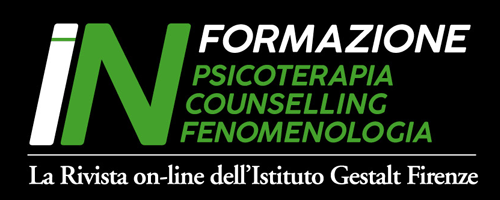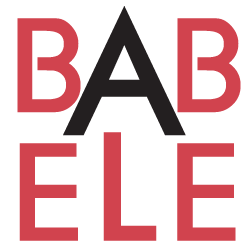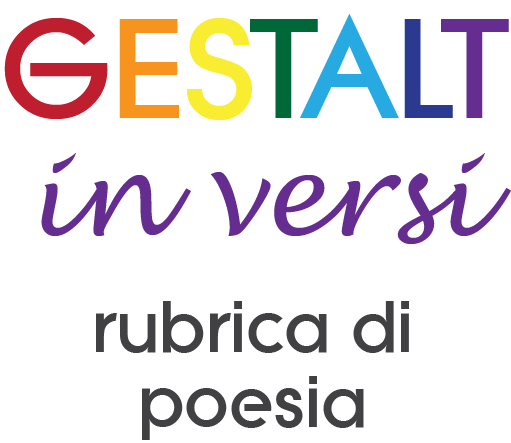Le emozioni negative e la retorica della felicità: che cosa avrebbe detto Jung?
Abstract: Da alcuni anni si assiste, in ambito accademico e nella cultura popolare, all’esplosione di un marcato interesse per la tematica delle emozioni, con un’enfasi sulla ricerca della felicità. Ciò ha portato alla diffusione di una narrativa sociale che potremmo definire una “retorica della felicità”, sostenuta dal pensiero positivo di ma- trice americana e dalla psicologia positiva. Tra le conseguenze di questo fenomeno, vi sono sia un’errata concettualizzazione delle emozioni positive e negative come fat- tispecie vicendevolmente escludentesi, sia una tendenza all’evitamento delle emozi- oni negative attraverso una ricerca del piacere edonico. C.G. Jung , attraverso la di- namica degli archetipi e il processo di individuazione, ha sia messo in guardia dal pericolo di un’identificazione con i miti del collettivo, sia ribadito l’importanza dell’emersione e dell’integrazione delle diverse parti dell’Io, anche quelle più oscure, nel processo di maturazione della personalità. Il presente lavoro interroga dunque l’opera di Jung per ricavarne delle ipotesi di risposta su alcuni interrogativi relativi alla relazione tra le emozioni positive e negative, il benessere e i processi di crescita dell’individuo.
For some years now, in the academic field and in popular culture, there has been an explosion of the interest in the theme of emotions, with an emphasis on the pursuit of happiness. This led to a social narrative spreading, which we could define a “rhetoric of happiness”, supported by American positive thinking and by positive psychology. Among the consequences of this phenomenon, there is both a mistaken conceptualization of positive and negative emotions as a case of mutual exclusivity, and a tendency to avoid negative emotions through a search for hedonic pleasure. C. G. Jung, through the dy- namics of the archetypes and the process of individuation, has both warned of the dan- ger of identification with the myths of the collective, and reiterated the importance of the emergence and integration of the different parts of the Ego, the darkest ones included, in the process of personality maturation. The present work interrogates Jung’s work in or- der to derive possible answers to some questions about the relationship between positive and negative emotions, well-being and the individual growth processes.
Parole chiave: Individuazione, Ombra, Felicità, Emozioni negative, Emozioni posi- tive, Integrazione.
Keywords: Individuation, Shadow, Happiness, Negative Emotions, Positive Emotions, Integration.






Commenti recenti